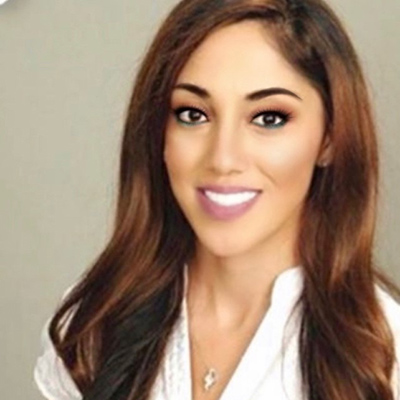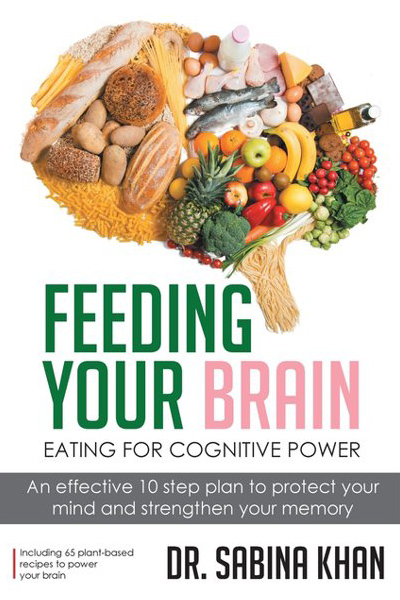Sabina Khan, PhD
Dr. Sabina Khan, PhD, is a research scientist, clinical professor and freelance writer of brain health, nutrition and scientific articles in Miami, FL. Dr. Khan’s research falls at the intersection of neuroscience and women’s health and is focused on how our genetics, diet, environment and lifestyle shape the brain.
I have been working as a licensed clinician for nearly ten years and seeing the ins and outs of neurodegenerative conditions, working with patients with Alzheimer’s, Dementia, speaking with family members of patients suffering from cognitive deterioration, I was often asked about preventable factors. I wanted to dive into if living a healthier lifestyle, our diet and nutrition could really outweigh genetic predisposition and make a significant difference for individuals with these conditions or at-risk with respect to brain health. Time and time again, I have found brain chemistry is absolutely changed by food, pollutants and lifestyle choices. This lead to my research deeper into neuro-nutrition and inspired me to write “Feeding Your Brain” for those wanting to take control of their brain health.

I consulted with a few publishing companies and decided on teaming up with Fulton Books as they assist with both distribution and marketing. .
As a busy mom of two and a full-time university professor, I write when I find the time and when I feel motivated. Much of my writing is inspired by evidence-based research, wanting to bring health and wellness disparities to light and advocate for women whose brain health is often overlooked. Women’s health has traditionally focused on breast and gynecological health and for years we have turned a blind eye towards this important women’s health issue: women’s brains.

I don’t have as much time lately to read every book review that comes through but when I do, I appreciate both the positive and negative. Constructive feedback fuels motivation to approach revisions and new assignments, it provides a possible vantage point of where work may have fell short and also tells me what is working and what to keep doing.
Paper is potentially a more satisfying way to experience a book but at times when traveling, paper books may be heavy and cumbersome to carry along. Therefore, I have become accustomed to enjoying audiobooks especially when on the road.
Mark Hyman, M.D, “Food Fix” is a recent favorite.
Self-publishing certainly gives authors more control over their own work. Authors in 2021 should expect to do things such as hiring a team for editing, marketing and creating business plans around a personal brand or book. A literary agent can help find the perfect editor, coordinate your book launch and guide you through the publishing process as well.
No one sees the world quite the same way you do, share your unique perspective. The more comfortable you are concentrating intensely for long periods of time the more successful and productive you will be. Start with training your own cognitive fitness before diving into your first big writing project similar to how you would train your cardiovascular fitness prior to running a marathon.